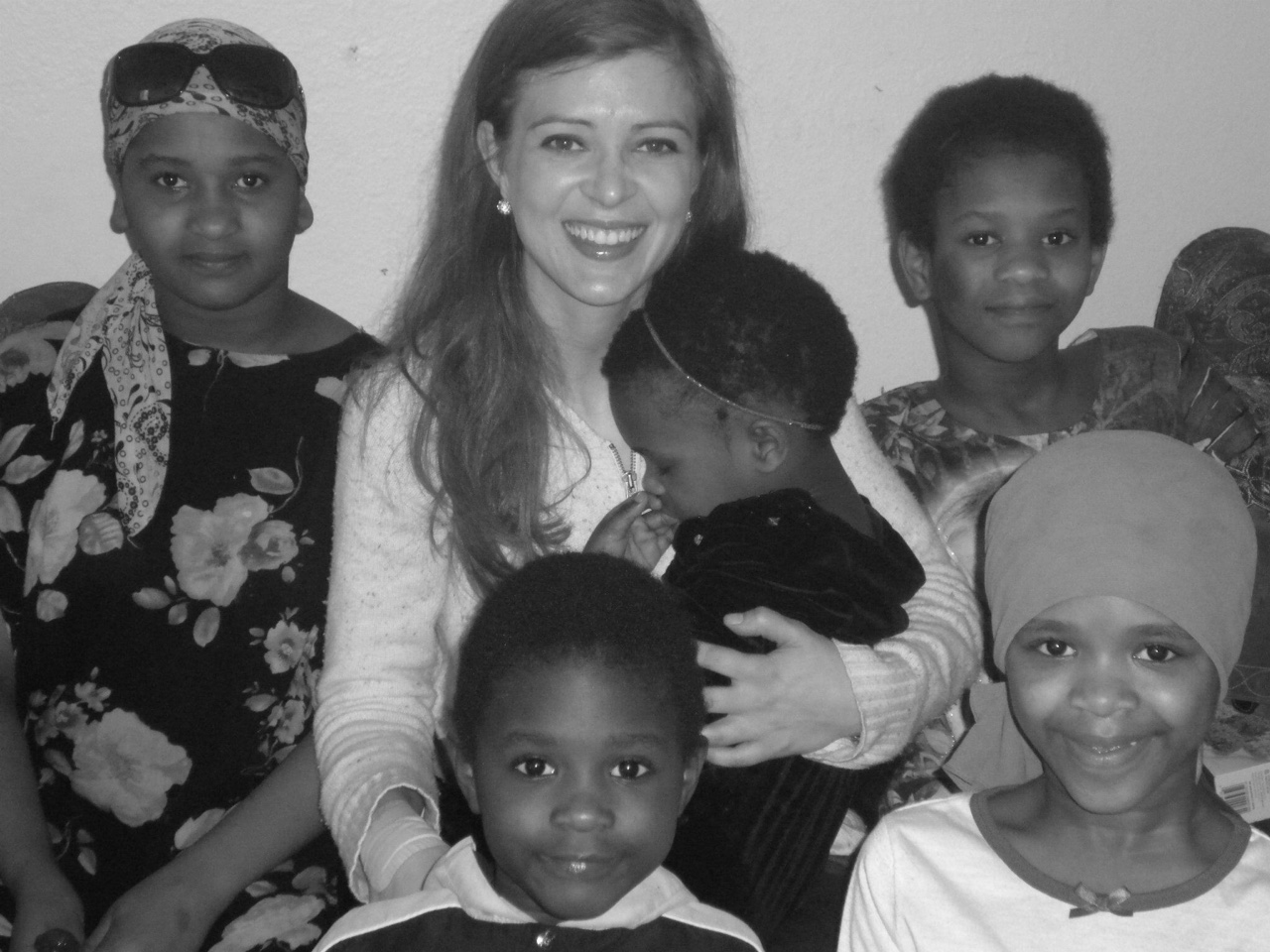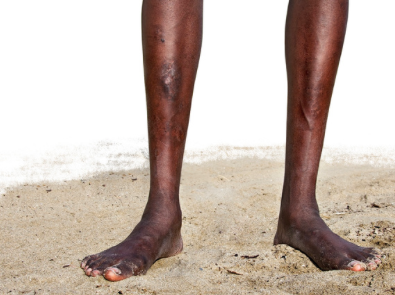the ground on which we stand
I landed in the U.S. on October 5th. One of the first things I saw when I stepped off the plane in Chicago was pink.
A poster of a large pink ribbon. Pink water bottles. Airline employees wearing pink ties and pink dress shirts.
It dawned on me that it was October in the U.S., which meant it was Breast Cancer Awareness month. The month I sometimes appreciate, sometimes enjoy, sometimes dread since my own diagnosis nine years ago.
As I was waiting at baggage claim, I thought about how my diagnosis had altered the course of my life. I thought I was going to be a medical missionary to Africa.
I took French in high school and college, because that’s the official language of many West African countries. I studied medicine. Then I started journalism school, inspired by Celia Dugger and others who have done exceptional writing about health issues in developing countries to raise awareness and begin public discussions about what we can do to alleviate suffering in those places.
And then, a year after I finished my physician assistant degree, one semester into my journalism degree, I was diagnosed with cancer.
A year later, I had a recurrence. Then more surgery, chemo, radiation, and a near-lethal battle with pneumonia.
As I was finishing my treatments, I knew I had to start a new chapter in my life. I knew I couldn’t stay in New Haven, which now held so many painful memories for me.
I thought maybe it was time for me to head overseas.
I applied with several short-term missions agencies. They all turned me down because of my recent cancer diagnosis.
I ended up moving to Portland, Oregon, instead. I worked full-time in an ER and did some freelance journalism on the side.
And then I met the Somali girls. I started blogging about them, and then turned the blog into the book The Invisible Girls, which weaves my story together with theirs, describing how we can find healing and redemption in the most unexpected places.

As I’ve traveled around to talk about the book and to tell the story, I often say that after my cancer diagnosis, “I couldn’t go to Africa, so God brought Africa to me.”
To put it bluntly, I thought that working with the Somali family in Portland was my consolation prize.
Working at a hospital in Togo was the fulfillment of a life-long dream I’d had. Finally, I got to do the “real thing.”
After living in Togo for three months, struggling physically and emotionally and spiritually, I’ve had the humbling realization that I survived the experience but I didn’t nail it. And I know for sure that I’m not called to live in Africa long-term.
I didn’t realize until this experience that I had been making unfair and untrue value judgments for a really long time.
I had assumed that loving people while standing on the soil of West Africa was more valuable than loving people while standing on the sidewalk in Portland.
That traveling for hours on a plane to get to people who were suffering was more significant than driving ten minutes in my car to the local rescue mission, or the Somali girls' apartment -- or even walking to the neighbor's house next door.
Somehow, I believed that I earned more cosmic points for loving people while jet lagged than for loving people while well-rested.
That eating strange food was more significant than eating leftovers from my favorite take-out place.
That serving people who speak a different language than me was somehow more important than serving fellow U.S. citizens.
It took a hard three months in Africa to open my eyes to the fact that the Somali girls weren’t a consolation prize. That cancer didn’t deprive me of God’s Plan A for my life. This is where I'm meant to be, and if I never use my passport again, the life that's waiting for me in the U.S. is just as significant as the life I thought I'd have as a missionary overseas.
In God's eyes, the soil under our feet doesn't matter nearly as much as the compassion in our hearts.
Showing love to the people around us is infinitely more significant than the ground on which we stand.
